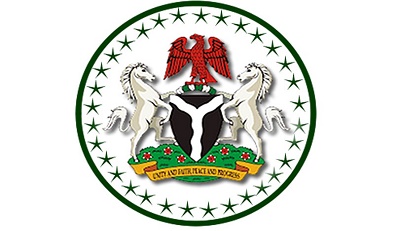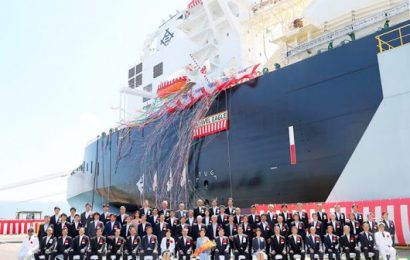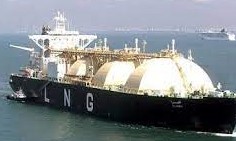President Muhammadu Buhari on Thursday urged African maritime administrators and regulators to ensure a coherent collaborative continental response to the challenges facing the maritime space.
Represented by his Vice, Prof Yemi Osinbajo, Buhari gave the charge at the Transcorp Hilton, Abuja where he declared the 3rd Annual Conference of the Association of African Maritime Administrations open.
He told the delegates “as African maritime administrators and regulators, it is my respectful view that you must ensure a coherent and collaborative continental response to the challenges facing our maritime space.
“This will require cooperation amongst our States and agencies and with other segments of society including the private sector.
“It will also entail focusing on human capacity development including strengthening the coast guard function to police our waterways. It means that governance issues and appropriate legal and regulatory frameworks must be put on the front burner alongside timely exchange of information.
“In addition, issues of maritime security and safety must continue to receive priority attention as we strive to make Africa a valued player in the international maritime community.
“In this vein, Nigeria will promote and support effective African participation in the Council of the International Maritime Organization (IMO). However, this can only yield desired results when we have all African states speaking with one voice at the global level for the enduring interest of Africa.
“For anyone following developments in the African maritime sector, there can be no question that more than ever before our countries are beginning to accord the sector the seminal importance it deserves.
“Just a few months ago, the African Union Heads of State and Government agreed to adopt the African Charter on Maritime Security, Safety and Development as a means of making our maritime resources a key driver of continental economic development.
“Several other initiatives demonstrate the sectors importance in food and environmental stability. Clearly the enormous untapped potential for the making of strong self-reliant, African economies lies embedded in the blue economy. It is the task of you the seasoned leaders of the sector to guide us on this crucial voyage. The challenges are many, but not insurmountable.
“As things stand, Africa’s fishing grounds are being pillaged, its waters are being polluted and piracy is heightening maritime insecurity and causing increases in the cost of insurance and freight. At the same time, the regulatory and legal frameworks to properly manage maritime resources and overcome these challenges are still inadequate. Similarly, we are yet to fully develop the human and institutional capacities required to respond appropriately to these challenges”.
President Buhari while admitting the difficulties involved noted “he good news is that we are on the right path. Collaboration and synergies. Our countries have to continue to develop the maritime sector beginning from national level to the sub-regional and regional levels.
“Here in Nigeria, we have taken steps to tackle some of the issues peculiar to us while still requiring regional and sub-regional collaboration. We have stepped up engagement to address and resolve the misunderstandings and contentious issues in our Niger Delta which of course is part and parcel of the Gulf of Guinea.
“We recently approved a new maritime security architecture and infrastructure to be jointly coordinated by the Nigerian Maritime Administration and Safety Agency (NIMASA), the Ministry of Transportation and the Office of the National Security Adviser (NSA).
“We are giving required support to the Nigerian Navy and other security agencies so that they can work with others within our sub-region to effectively police our waterways for trade to flourish.
“These arrangements will also contribute to resolving and eliminating piracy and sea robbery within our maritime domain. The results are encouraging and piracy has dropped significantly in the past six months.
“In the same vein, we are making substantial investments to improve human capacity by taking advantage of international training and internship opportunities in the shipping and maritime industry. We have also paid significant attention to making it easier to do business and one of our immediate priorities in this regard is the entry and exit of goods, especially in our seaports.
“The measures that we are putting in place are designed to improve the efficiency of our ports and to enable quick turnaround time of vessels. Technology is also being deployed to make our port operations more transparent and effective in support of economic growth.
“NIMASA, which is the regulatory agency of shipping and maritime activities in Nigeria is being reformed so that it can play its expected role as a facilitator of economic prosperity.






